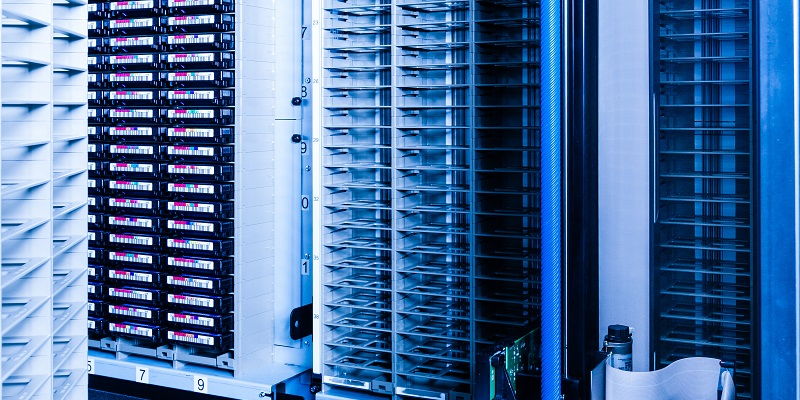Europe’s Climate Neutral Data Centre Pact (CNDCP) has achieved a significant milestone two years after its formation. The voluntary initiative for service providers and data center operators has published its first list of certifications, demonstrating their commitment to becoming climate neutral by 2030. This development highlights the industry’s dedication to addressing environmental challenges and demonstrates the effectiveness of self-regulation.
The CNDCP: Voluntary Commitment for Service Providers and Data Center Operators
The CNDCP was established as a voluntary commitment for service providers and data center operators to collectively work towards environmental goals. It aims to promote the adoption of sustainable practices and reduce the carbon footprint of data center operations. By voluntarily joining the pact, providers commit to taking active steps towards achieving climate neutrality.
Certification Criteria for Operators
To obtain certification, operators must meet five specific targets set by the Pact. These targets serve as key indicators for evaluating their climate neutrality efforts. Operators need to provide accurate and comprehensive data to demonstrate compliance with these targets. The certification process ensures transparency and accountability in measuring and verifying environmental performance.
Membership and certification status
The CNDCP boasts more than 100 members, with 89 of them featured on the recently published list of certified service providers. Among the signatories, 67 joined in 2021, showing a growing commitment to environmental sustainability within the industry. Out of these 67 signatories, 11 have successfully obtained certification through third-party evaluations, showcasing their adherence to the highest standards. The majority of 46 signatories have self-certified, demonstrating their internal assessment of compliance.
Prominent players in the industry, including Google, IBM, Intel, Iron Mountain, and NTT, have achieved full certification, underscoring their dedication to sustainable practices. These large players serve as role models for others in the industry, inspiring them to follow suit and prioritize climate neutrality.
Lapsed Signatories and Pending Certifications
While the majority of signatories are actively working towards certification, a few have lapsed. Atos, Register, and Scaleway, an Iliad subsidiary that recently spun off as Opcore, are three notable signatories whose commitment has lapsed. This highlights the importance of ongoing efforts and the need for continuous engagement to maintain climate neutrality.
Additionally, there are several pending certifications, including three significant names: Microsoft, France’s OVHcloud, and Germany’s T-Systems. However, these pending certifications should be understood as a temporary measure due to challenges in completing the necessary paperwork. These organizations are actively working towards fulfilling the requirements and joining the ranks of certified service providers.
Embracing self-regulation for climate neutrality
The CNDCP’s first list of certifications reveals a highly encouraging trend: a significant proportion of signatories have successfully certified their climate-neutral processes. This achievement demonstrates the industry’s enthusiastic adoption of self-regulation as a crucial step towards meeting stringent climate neutrality targets by 2030. By voluntarily committing to these targets, service providers and data center operators are actively contributing to global efforts to combat climate change.
The publication of CNDCP’s first list of certifications is a significant milestone in the realm of data center operations and environmental sustainability. With more than 80 service providers committed to being climate-neutral by 2030, the industry is taking decisive steps towards reducing its carbon footprint. The certification process and the growing number of certified service providers showcase the industry’s commitment, while pending certifications and lapsed signatories highlight the importance of ongoing efforts to maintain climate neutrality. By embracing self-regulation, the data center industry is setting an example for other sectors to follow in achieving a more sustainable future.

